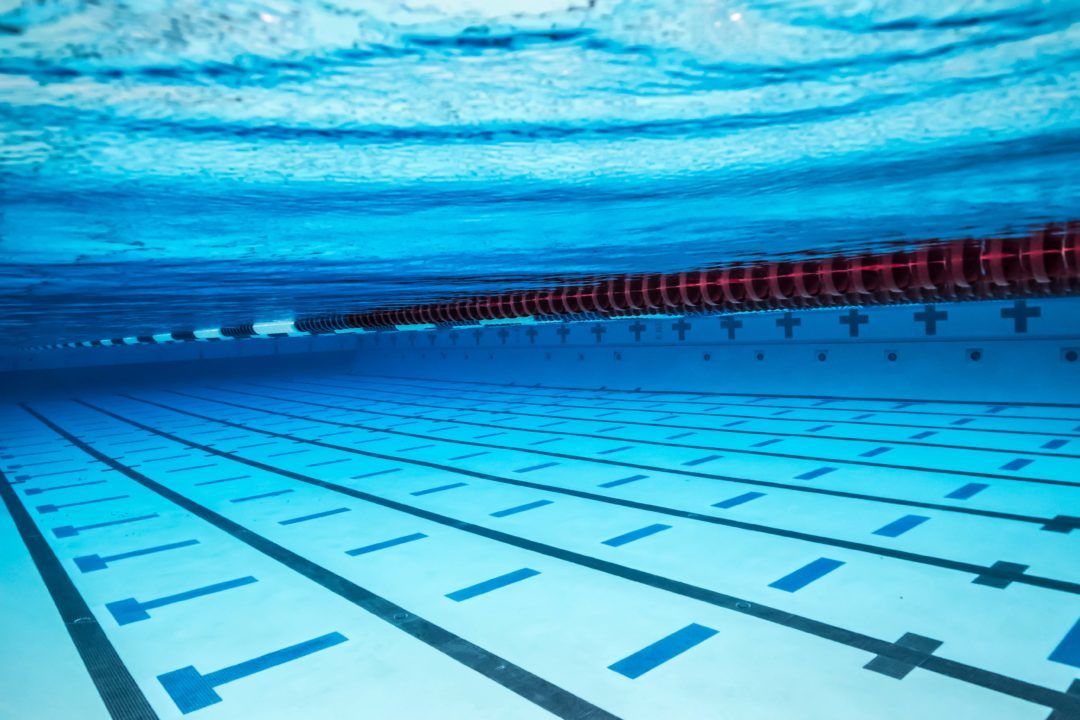A swim coach isn’t just someone who yells at you while your face is in the water thinking you can hear them. They’re not just a motivational tool in your belt, or a teacher of the sport. If you choose to see them this way, your swim coach can be a mentor and a teacher of life.
In college, and when it comes time to apply for jobs, athletes often recall the lessons their sport has taught them. But how many of us actually take the time to think about the lessons that we have learned from our coaches?
I for one spend much of my time thinking about this and trying to understand how my coach has helped me become an overall better version of myself. In my opinion, it has also been a gift to have had many different swim coaches over my swimming career. ‘Why?’ you might ask. I consider it a gift because it means that I have been able to gain that much more insight and learn x times as many lessons from each and every one of them. That being said, I would definitely consider my last and current club swimming coach my role model. I didn’t grow up with a strong father figure in my life, and in many ways, he has helped teach me lessons that I otherwise would not have learned. If I had to choose three things that I believe are the most important lessons I have learned from my swim coach, they would be what follows.
Lesson #1 – Learn to use your strengths to create an impact larger than yourself. In swimming, when you are trying to improve in a certain event, you try to understand and determine your strengths and weaknesses. This allows you to know what you can improve upon to get faster, as well as what you’re already doing right and should continue to do and optimize. In 2016, when I just barely missed making my first OT cut, I learned this skill is applicable in a scope much larger than swimming. Ryan, my coach, taught me that it’s imperative to one’s success to learn to see the value in themselves and learn to apply that to everything one does. This lesson leads me right to the second lesson I’ve learned.
Lesson #2 – Perseverance and perspective are key. The takeaway from the lesson above, seeing one’s own value, is the first step in this lesson. You cannot persevere and have grit and determination without seeing your own self-worth. This confidence, once attained, is what will allow you to preserve and push yourself beyond the limits you believe you were confined to. This is essential in the sport of swimming but also in life. Having the ability to change your perspective and mindset to such a view that you see how you are valued and your strengths, and yes weaknesses, are critical to the success of a situation, a job, or a relationship, whatever it may be. This will put you much farther ahead of others around you. Which brings me to the third lessons I believe is one of the best lessons Ryan has taught me.
Lesson #3 – How to be a leader. When people ask you, how have you demonstrated you can be a leader, often you have no recollection of having a role as a leader. That’s where you are wrong. If you have learned the previous two skills, and mastered them in daily life, then just by association with those skills you lead by example. Ryan said, in his own words, “True leaders are those who don’t do it because it looks good on their record, they just lead because it’s the right thing to do. And when they are ahead like you are, they take as many people as they can and pull them forward with them”. Being a leader doesn’t require a title or a given role such as team captain, being a leader means that you lead by example and do so because you want to see others succeed. You are willing to sacrifice your time and efforts elsewhere to bring them with you and see them flourish alongside you. The magnitude of a person’s ability to influence others in a positive way is something unlikely comprehendible to that person from their eyes. Knowing this is part of what makes the application of these three lessons the most valuable part of being a leader. And, a last little piece of advice that relates to these lessons, and Ryan has always wanted for me, is to learn how to be an advocate for yourself. It’s important to use that confidence you gained in achieving lesson #1 to be able to advocate for yourself and help you achieve the goals you set for yourself. In other words, if there is a roadblock in your way, rather than turning around, it’s important that you either get out and move it yourself or you search for someone who is willing to help. Using your voice to help yourself and others is not something you should fear. It’s a tool to success just like these other three lessons.
I want to thank Ryan for teaching me and helping me understand the value in these lessons and in myself throughout the last several years of my swimming career. It’s empowering to be able to answer the question “who is your greatest role model?” with such a finite answer. The greatest role model in my life is Coach Ryan. I hope that you can take the time yourself to learn these lessons and try to implement them into your swimming career and the rest of your life. I promise, they will prove useful.
